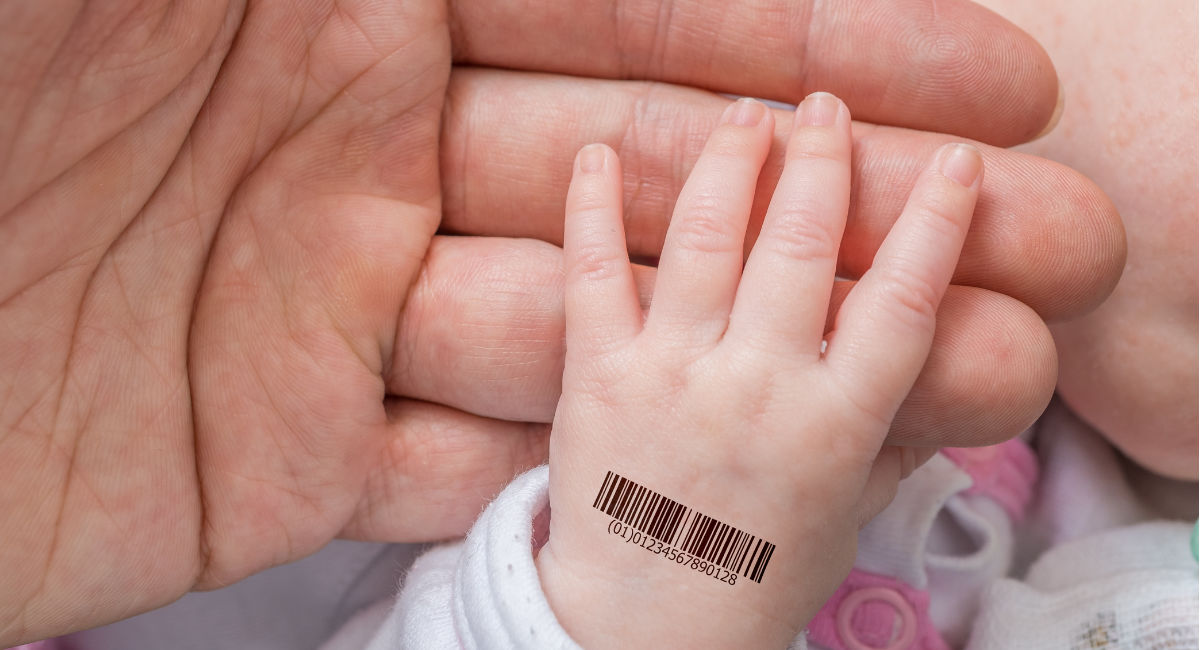A United Kingdom (UK) woman says she doesn’t want any children of her own, so she donates her eggs to help couples struggling with infertility. While this decision appears to come with good intentions, the reality is clear: she’s a mother to at least one child, who has been denied access to a biological parent.
Yasmin Sharman said she has donated 41 eggs so far, spurred to do so partly due to the shortage of Black egg donors, according to Yahoo! Life. “When I first donated I was quite young, children were not at the front of my mind anyway,” Sharman said. “I am also openly gay so having children is something that would be difficult for me. That brought up the thought of what can I do for people who don’t have the same choice that I do of choosing not to have a child. I would like to help different communities like the LGBTQ+ community and people of colour like myself.”
Those donations have resulted in the birth of one baby boy so far.
“When I found out that my donation had resulted in the birth of a baby boy I was ecstatic,” Sharman said. “I celebrate the baby’s birthday every year with my friends. I was so happy to see that there was a positive end to going through something like donation. It is more of a reminder and remembrance that I have helped contribute to something good.”
Sharman also said the clinic asked her if she would be open to contact once her children turn 18, and she not only said yes but indicated that she hopes they do. “I am hopeful that if more children are born with the help of my eggs they will reach out to me when they get to the age,” she said. “It would be interesting and lovely to meet them.”
According to the UK’s Human Fertilisation and Embryology Authority, “… children born from your donation will be able access identifying details which can allow them to contact you in the future, if they wish to. If they do choose to make contact with you, it’s up to both the donor-conceived individual and yourself whether you want to have any kind of relationship.” In addition, the site claims:
It’s illegal to pay for egg donation in the UK. Egg donors can receive compensation of up to £750 per donation ‘cycle’ to cover their costs (a donation cycle is one complete round of treatment, at the end of which the eggs are collected and donated). However, you can claim more if your expenses for things like travel, accommodation and childcare are higher than this.
If you’re an egg donor who is not a permanent resident of the UK, you may be compensated in the same way as a UK donor but you will not be able to claim for overseas travel expenses.
Despite Sharman’s claim that she doesn’t want children, she seems emotionally invested in the idea of her children — throwing parties to celebrate a birth and hoping for a future where she can meet them. It’s hardly surprising, and though it’s often not acceptable to say, the truth is that Sharman is a biological mother to at least one child.
“I find the process quite easy,” Sharman began. “I self-inject two or three times a day, for eleven or twelve days, with medicines which stimulate my hormones and encourage my eggs to grow.”
But she added that she experiences side effects, explaining, “I do experience ‘pregnancy’ hormones. If I see a cute couple on a bus, I’m likely to burst into tears.”
READ: Are women being properly warned about the risks of egg donation?
Despite her comfort with the process, there are substantial risks involved with donating eggs. One of the most dangerous is ovarian hyperstimulation syndrome (OHSS), a response to the excess hormones egg donors receive, which can cause the ovaries to swell and become painful. In severe cases, this can be life-threatening, yet women are assured that there is only a one percent (1%) risk of getting OHSS when donating eggs. According to Wendy Kramer, director and co-founder of the Donor Sibling Registry, this is a massive understatement.
“[O]ur research paints a different picture. In our first published study of 155 egg donors, we found that 30.3% reported Ovarian Hyper Stimulation Syndrome (OHSS),” she previously wrote. “In our second survey of 176 egg donors in 2014, we found that 32.4% of egg donors reported complications such as OHSS and infection. In our third Study of 363 egg donors in 2021, 22.4% reported experiencing OHSS.”
There have been no studies carried out on the long-term effects of egg donation. There are also risks to the children created through the in-vitro fertilization (IVF) process.
Health risks aside, Sharman could become the biological mother of potentially dozens of children, and there seems to be little concern about how their means of conception will affect the children. A Harvard Medical School study found that 62% of children conceived through donor technologies believe it to be unethical and immoral. These children were intentionally deprived of at least one of their biological parents as well as the knowledge of their biological background and heritage, so it isn’t surprising that many donor-conceived children disagree with the practice.
“When you are commissioning and swiping your credit card for a product, even one that you want badly, you are participating in commodification, regardless of whether the intended parents are the biological parents of the surrogate-born children,” Katie Breckenridge, of the children’s rights advocacy organization Them Before Us, has explained. “In this case, the products are human beings.”







